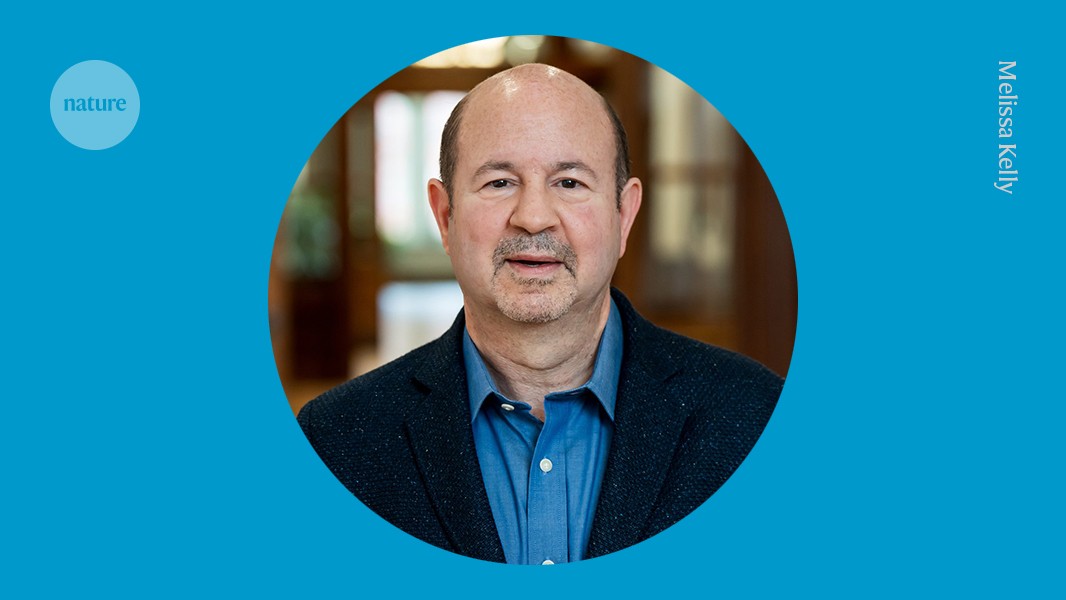
"Fifteen years ago, my friend and mentor, climate scientist Stephen Schneider, said something that has stuck with me. When it comes to climate change, the "end of the world" and "good for you" are "the two lowest-probability outcomes". Steve's aphorism feels especially prescient today. As the 30th United Nations Climate Change Conference (COP30) plays out in Belém, Brazil, this month, misleading climate messaging in the media espouses both these extremes."
"Jarringly, its publication coincided with the devastating Jamaican landfall of potentially the strongest Atlantic hurricane on record, an event that human-caused warming made more likely to happen. Gates wasn't implying that global warming is "good for you", but his arguments are adjacent to that sentiment: there has already been enough progress on climate, and we should instead prioritize addressing what he feels are more pressing issues, such as poverty and disease."
An oft-cited aphorism warns that the "end of the world" and "good for you" are the two lowest-probability outcomes for climate change. Misleading media messaging gravitates toward those extremes during global climate negotiations at COP30 in Belém, Brazil. Bill Gates published a manifesto arguing that the climate crisis is less urgent than other global problems, coinciding with a devastating Jamaican hurricane that warming made more likely. Gates suggested prioritizing poverty and disease and reportedly said he would "let the temperature go up 0.1 degree to get rid of malaria." Gates's position prompted substantial criticism from climate specialists for presenting a false trade-off between climate action and public health. Human-caused climate change will exacerbate public-health challenges, making climate action and health interventions inseparable.
Read at Nature
Unable to calculate read time
Collection
[
|
...
]